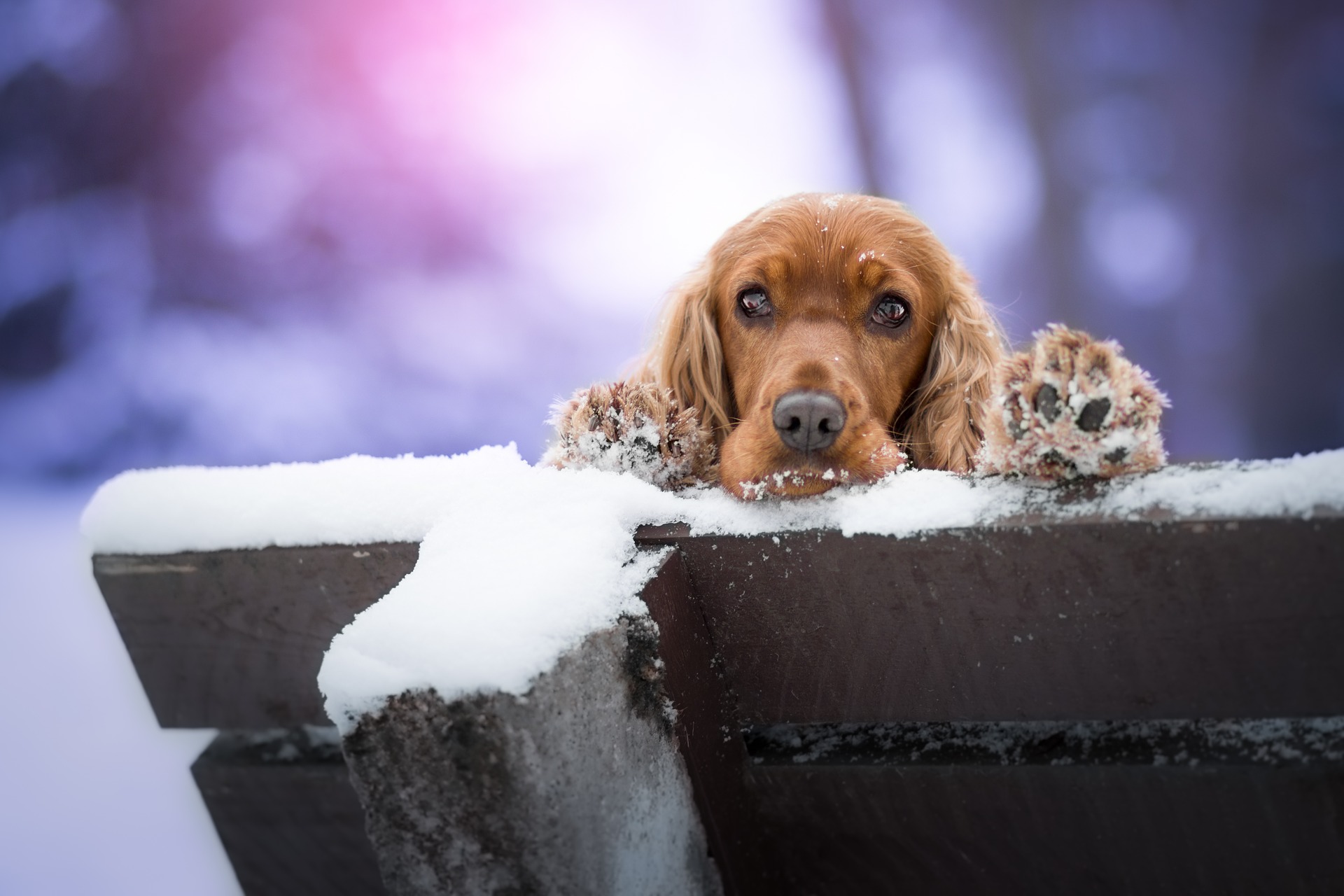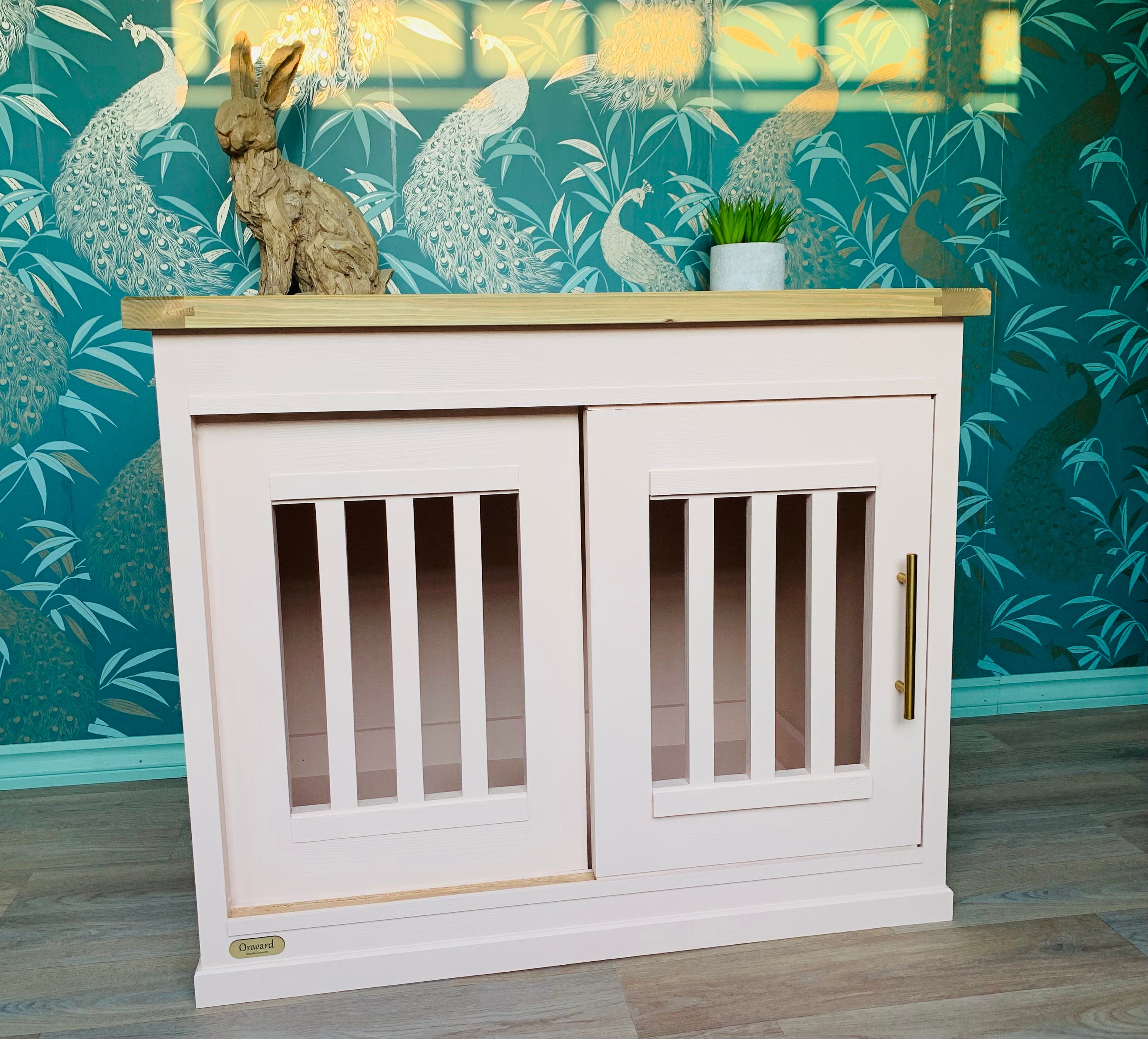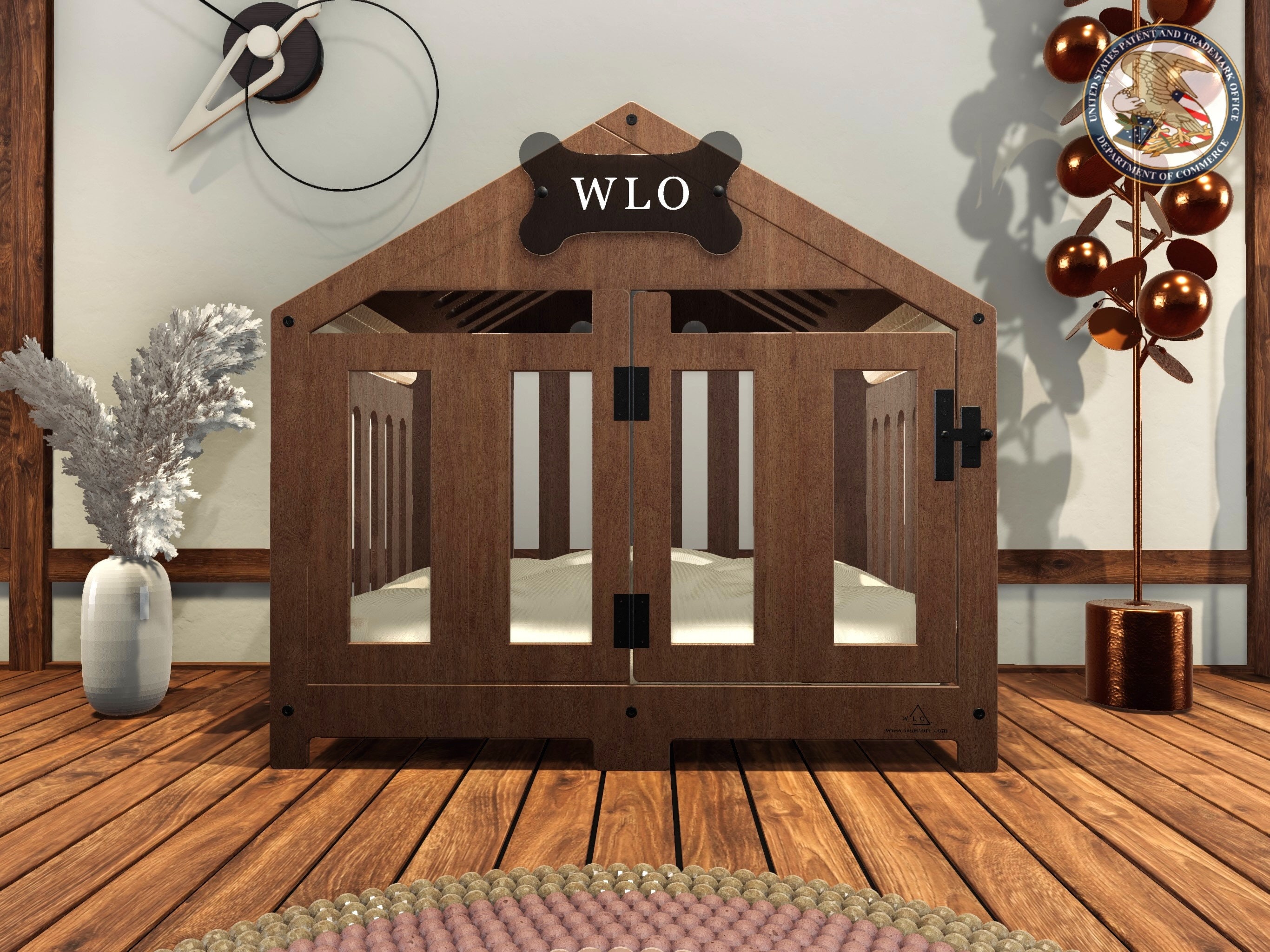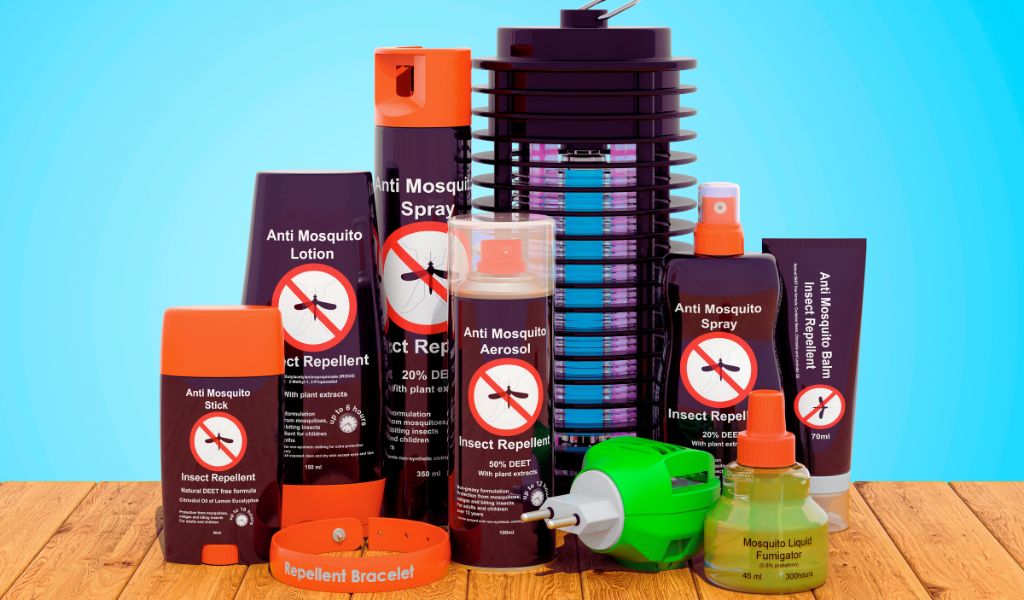Cocker spaniels are adorable and affectionate pets that make great companions.
They are friendly and playful, and they love to spend time with their owners.
However, if you notice your Cocker spaniel howling, it can be a cause for concern.
In this article, we will explore the reasons why Cocker spaniels howl, and provide solutions to stop this behaviour.
Cocker spaniels may howl for various reasons, including attention-seeking, separation anxiety, medical issues, environmental factors, or breed instincts. Identifying the reason behind the howling and taking appropriate steps to address the issue can help reduce your pet’s anxiety and improve their quality of life.
Why Is My Cocker Spaniel Howling? Understanding the Reasons
Cocker spaniels are known to howl for various reasons.
Understanding why your Cocker spaniel is howling can help you address the underlying issue and find a solution.
1. Attention Seeking
Cocker spaniels are social animals that love attention and affection. If they feel ignored or left out, they may start howling to get their owner’s attention.
This is especially true if you have been away from home for a long time or if you have been too busy to give your pet the attention they need.
2. Separation Anxiety
Cocker spaniels are prone to separation anxiety. They may start howling if they feel anxious or stressed when you leave them alone at home.
This behaviour can also be accompanied by destructive behaviour, such as chewing or digging.
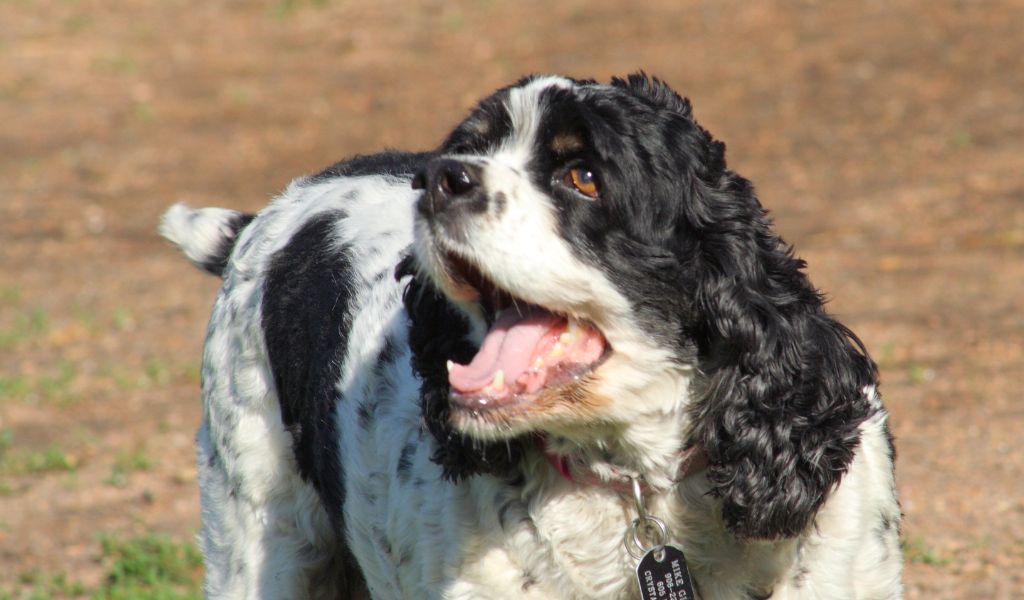
3. Medical Issues
Cockers may also howl if they are in pain or discomfort. This can be due to medical issues such as arthritis, hip dysplasia, or other health problems.
If you notice your pet howling more than usual, it’s important to take them to the vet to rule out any medical issues.
4. Environmental Factors
They may howl due to environmental factors, such as loud noises or unfamiliar smells.
This behaviour can be triggered by thunderstorms, fireworks, or other loud noises that scare your pet. They may also howl if they smell a stranger or another animal nearby.
5. Breed Instincts
Cockers are bred to be hunting dogs, and they have strong instincts that drive them to hunt and protect.
They may start howling if they sense danger or if they are in a new or unfamiliar environment. This behaviour is often accompanied by barking and other signs of aggression.
Wooden Dog Bed/Crate/ Furniture/ Indoor Kennel with sliding doors, choice of colour. Free Delivery uk.
Walnut & Ivory – Gabled Modern Dog Crate, Dog Bed, Dog Crate, Dog Kennel, Wood Dog House, Pet House, Pet Furniture, Dog Furniture, WLO
Modern dog crate with wooden sliding door with a latch Dordrecht. Dog kennel, dog house, dog bed, indoor dog house, dog furniture, dog cage.
Solutions to Stop Your Cocker Spaniel Howling
Once you have identified the reason why your Cocker spaniel is howling, you can take steps to stop this behaviour.
1. Attention and Affection
If your Cocker is howling to get your attention, it’s important to give them the attention and affection they need.
Spend time playing with your pet, taking them for walks, and cuddling with them on the couch. This will help them feel loved and secure, and may reduce their need to howl for attention.
2. Reduce Separation Anxiety
If the howling is due to separation anxiety, there are several things you can do to reduce their anxiety.
One solution is to provide your dog with an indoor kennel, so they have a safe and secure place to retreat to when you’re not at home.
You can also leave them with toys and treats to keep them occupied, or hire a pet sitter to spend time with them when you’re away.
3. Medical Treatment
If your spaniel is howling due to medical issues, it’s important to seek veterinary care.
The vet can diagnose the underlying problem and provide appropriate treatment.
Pain medications, joint supplements, or other treatments may help alleviate your pet’s pain and discomfort.
4. Address Environmental Factors
Environmental factors such as loud noises or unfamiliar smells can trigger howling and, if this is the case, then try to reduce their exposure to these triggers.
Keep your pet indoors during thunderstorms or fireworks displays, and use calming techniques like playing soothing music or using a calming pheromone diffuser to help your pet feel more relaxed.
5. Training and Socialisation
If your Cocker spaniel is howling due to breed instincts, training and socialisation can help manage this behaviour.
Enroll your pet in obedience classes to teach them basic commands and how to behave appropriately in different situations.
Socialise your pet with other dogs and people to help them feel more comfortable and confident in new environments.
FAQs
Is it normal for Cocker Spaniels to howl?
Yes, Cockers may howl for various reasons, including attention-seeking, separation anxiety, medical issues, environmental factors, or breed instincts.
How can I stop my Cocker Spaniel from howling?
The solution to stopping howling depends on the underlying cause.
If your pet is howling due to attention-seeking behaviour, give them the attention and affection they need.
If it’s due to separation anxiety, try crate training, leaving them with toys and treats, or hiring a pet sitter.
If it’s due to medical issues, seek veterinary care. If it’s due to environmental factors, try to reduce their exposure to triggers, and if it’s due to breed instincts, consider training and socialisation.
When should I be concerned about my Cocker howling?
If your Cocker is howling excessively, or if their howling is accompanied by other symptoms like lethargy, loss of appetite, or vomiting, it’s important to seek veterinary care.
These symptoms may indicate a serious underlying medical issue.
Howling can be a cause for concern for pet owners, but it’s important to understand that this behaviour may have several underlying causes.
Identifying the reason behind the howling and taking appropriate steps to address the issue can help reduce your pet’s anxiety and improve their quality of life.
With patience, love, and proper training, you can help your Cocker spaniel to stop howling and be a happy, healthy, and well-behaved pet.

